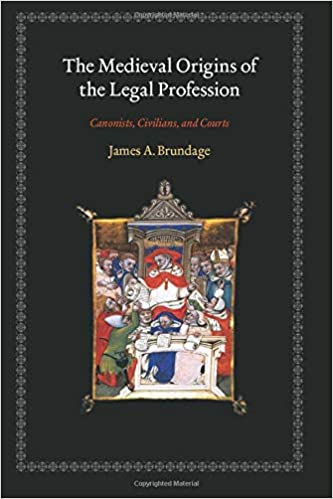EXACTLY WHERE WAS SHE (AND YOU) WHEN SHE OVERDOSED AND DIED?
Gloria overdosed on cocaine one night. She was in a bed. The bed was that of a male friend. It was a big bed. The male slept close to one edge, while the woman was close to the other. They were not lovers; indeed, the husband of the woman was sleeping on the couch in the living room nearby. The woman OD’ed and died in–or “on the” bed. The male survived and was the witness (“W”) being cross-examined.
For some reason, the cross-examiner, L, wanted to make W look bad, so he asked him,
“How did you feel when you awoke in the morning and found that the woman next to you was dead?” he asked.
W responded, “She was not next to me.”
L, while appearing to look incredulous, asked, “You were in the same bed weren’t you?”
“Yes, the witness said, but it’s a very big bed. Gloria was not next to me,” said the witness.
“You testify under oath that Gloria was in your bed with you; there was no one between you, and now you tell the jury that she was not next to you? Remember you are under oath,” said L.
W responded, “True, but it was a very big bed, but she was not next to me.”
“Preposterous,” said L, and he moved on to the next question.
W might have interrupted him and said “The word ‘next” is an ambiguous term, and there may be a substantial difference between next to’ and ‘right next to,’ though the latter phrase is a subcategory of the former.
******************
Obviously, what L was trying to do was to make W look like a deceiver.
I think I see this sort of thing in depositions quite often, especially defense lawyers in civil litigation. Often, it seems to me, L is tryingto establish power over W, and s/he does this with semantic quibbles.





Recent Comments